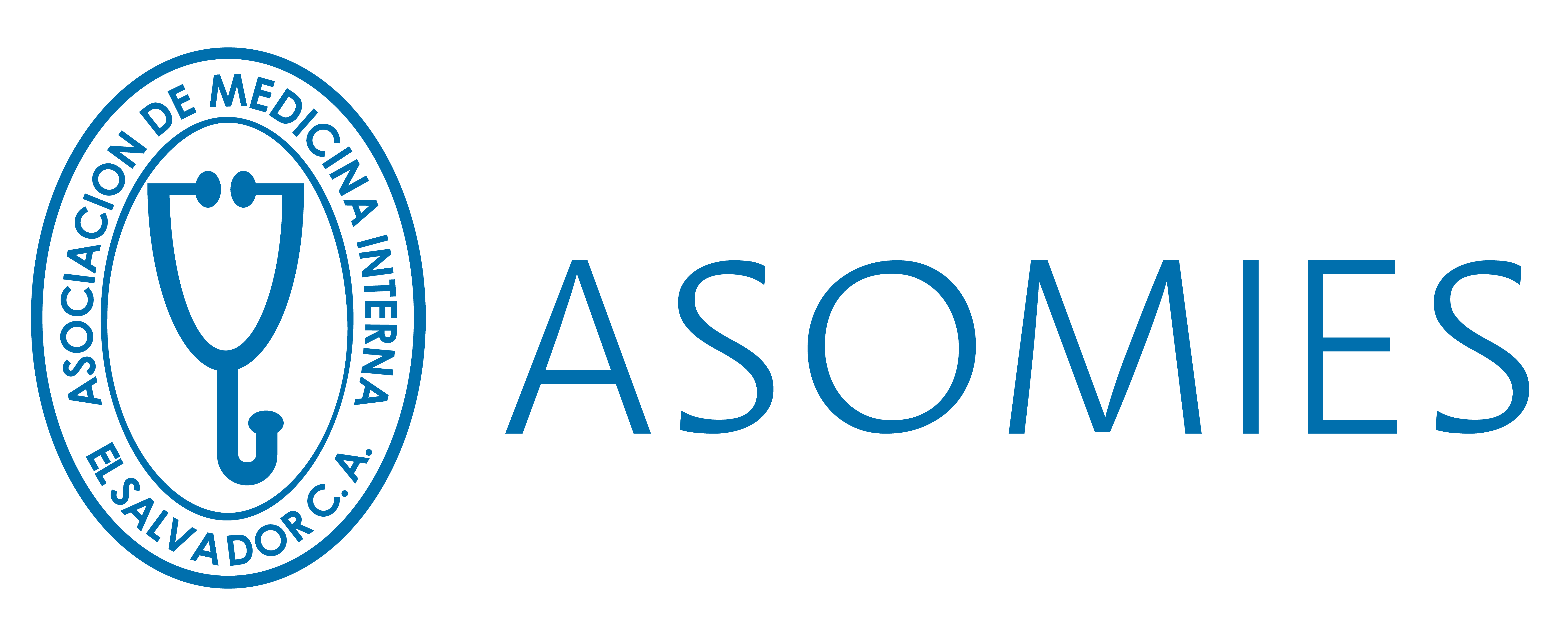New Syncope Risk Score
Nine variables predicted risk for a serious adverse event within 30 days after a syncopal episode.
Several groups have developed decision tools — each with limitations — to predict adverse outcomes in patients with syncope. This latest effort is a prospective cohort study that involved 4030 adults who presented to six Canadian emergency departments (EDs) within 24 hours after syncopal events.
During 30 days of follow-up, serious adverse events (including death and several specified cardiac and noncardiac events) occurred in 3.6% of patients. Using multivariable analysis and additional statistical techniques to confirm the validity of the selected predictive variables, the researchers derived a risk score (range, −3 to +11) based on nine clinical predictors.* Risk for a serious adverse event ranged from 0.4% (in patients with score of −3) to 41% (in those with scores ≥6).
COMMENT
No syncope decision rule can be perfect; for example, even labeling an event as “syncopal” is not always straightforward. Moreover, this new scoring system includes two variables that are historical (thus, subject to some subjectivity) and two variables that depend on the accuracy of a final diagnosis in the ED. Nevertheless, the current study is the largest reported prospective syncope study (according to the authors), and it was performed very carefully. If validated in other populations, this scoring system might become a useful clinical tool to guide decision-making on further testing and need for hospital admission.
*The nine predictors and their associated point values: ED diagnosis of vasovagal syncope, minus 2 points; predisposition to vasovagal symptoms, minus 1 point; abnormal QRS axis, QRS duration >130 milliseconds, and history of heart disease, plus 1 point each; any systolic blood pressure recorded in the ED of <90 mm Hg or >180 mm Hg, elevated troponin level, corrected QT interval >480 milliseconds, and ED diagnosis of cardiac syncope, plus 2 points each.
Allan S. Brett, MD reviewing Thiruganasambandamoorthy V et al. CMAJ 2016 Sep 6.
CITATION(S):
Thiruganasambandamoorthy V et al. Development of the Canadian syncope risk score to predict serious adverse events after emergency department assessment of syncope. CMAJ 2016 Sep 6; 188:E289.
[Free full-text CMAJ article PDF | PubMed® abstract]
NEJM Journal Watch is produced by NEJM Group, a division of the Massachusetts Medical Society. Copyright ©2016 Massachusetts Medical Society. All rights reserved.
The above message comes from NEJM Journal Watch, who is solely responsible for its content.
You have received this email because you requested follow-up information to an Epocrates DocAlert® message. For more information about Epocrates, please click here.
For questions, feedback, or suggestions regarding Epocrates DocAlert® messages, please contact the Medical Information Team at docalert@epocrates.com.


